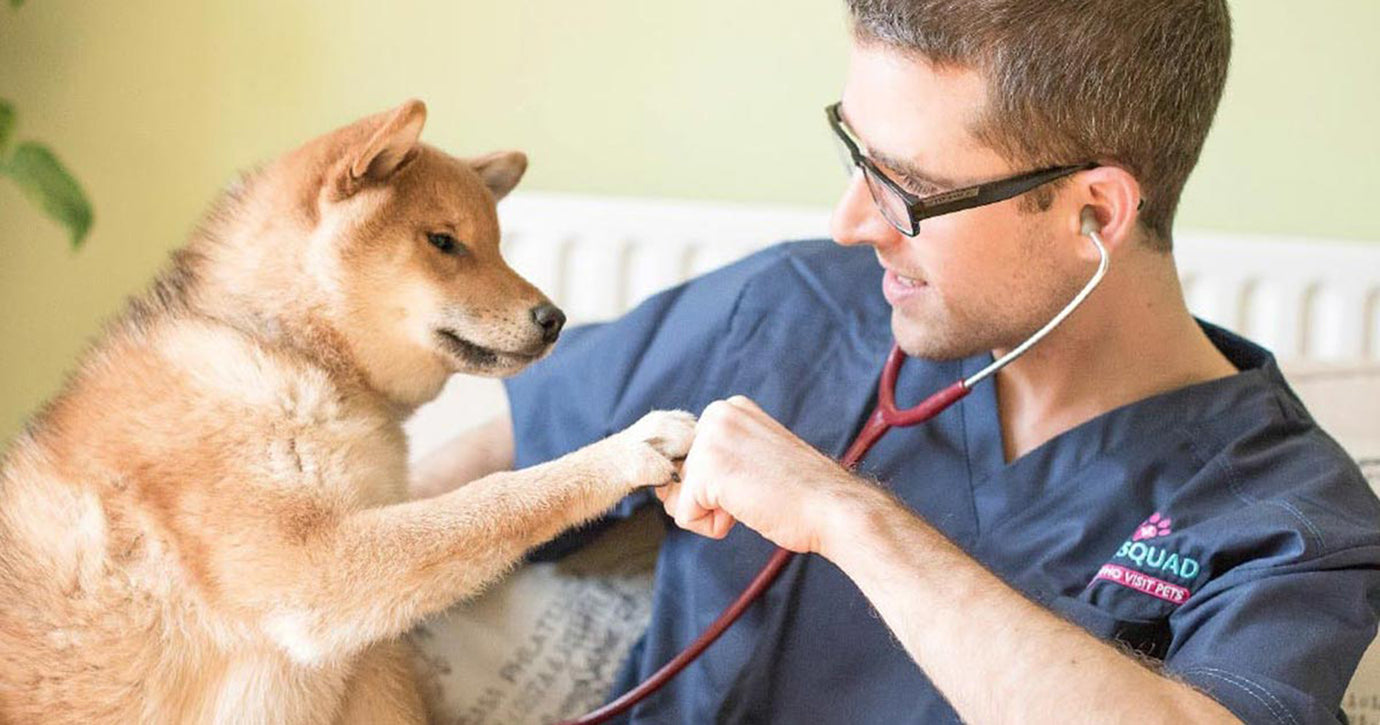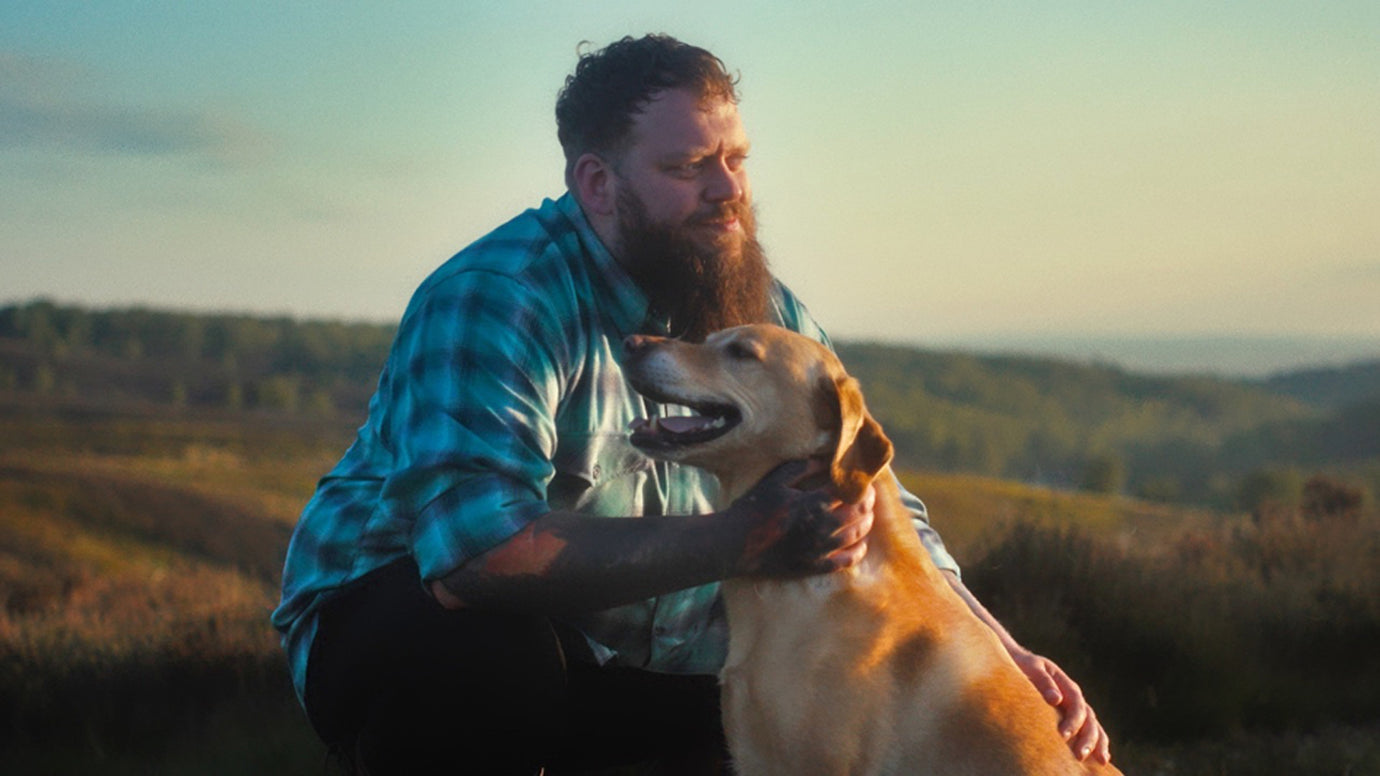Feeling pawly: Here’s how you could be unknowingly harming your cat

Thousands of cat owners in the UK are oblivious to what foods could damage their pet’s health, a new study has found.
Cat owners are unwittingly feeding their pets poor quality food and handing out harmful scraps of their own meals, including chocolate and cheese, research has found. A study of 2,000 UK cat owners revealed many are unaware what foods could damage their moggy’s health - with some even sharing takeaways and leftovers. A fifth of British cat owners don’t even know their pets are carnivores - with one in 10 feeding raw vegetables and another one in 20 serving up salad leaves. The research, commissioned by Lily’s Kitchen, coincides with the launch of its new Suppurrs Stew cat food range, also found nearly four in 10 cat owners never check the label when buying cat food, with 64 per cent baffled about what they should look for. One in 20 simply buy the cheapest cat food on offer, and a further 15 per cent swap from brand to brand depending on what’s the best value. But leading veterinarian Rodney Zasman has warned serving up some of the cheapest cat foods could be no better than feeding your pet a daily dose of McDonald’s. He said: "It’s alarming that many of the nation’s cat owners are oblivious to what constitutes a healthy diet for their pets, particularly when healthy eating plays such a big part in modern day living for the owners themselves. "One of the biggest dangers to our cats’ health is actually poor quality, mass produced pet food. In some instances, these foods contain as little as four per cent meat and, as a result, cats aren’t getting the nutrition they need to keep them healthy." Four in 10 Brits are happy to share their own meals with their cats, with a third of pet owners giving them cheese without realising large amounts can be dangerous. One in 20 has offered it a piece of chocolate and almost a fifth are happy to let their cat lick from a bowl of cream, which can be unhealthy for moggies. A further 28 per cent admit their cat has been diagnosed with either being overweight or other medical conditions such as skin problems and diabetes due to its diet. It also emerged that, despite not being clued up on feline food needs, two thirds of British cat owners believe the food they buy covers all of their pet’s nutritional requirements. And while 67 per cent of owners would not be prepared to feed their cat carcasses of other animals, hides and skins, pigs’ bristles, heads of poultry and feathers, experts have warned this can be found in some cat foods in supermarkets today. Vet Rodney Zasman added: "Feline obesity is a huge issue in the UK, as well as a host of other health complaints, many of which are caused by eating the wrong type of food which is low in real meat and high in a range of other, less nutritious ingredients, cleverly disguised on the label as 'meat and animal derivatives'. "In many cases it isn’t the owner’s fault however. Cats are independent creatures and often very fussy eaters so it’s not always easy to tell when a cat is becoming unwell due to its diet." This is reflected in the survey results, with a third of respondents saying the choice of food to provide isn’t theirs - as their cat simply won’t eat a brand other than its favourite. However, by patiently transitioning cats onto new foods, owners can have a much better success rate when introducing a new recipe. Henrietta Morrison, founder and CEO of Lily’s Kitchen which commissioned the research via OnePoll.com said: "We want to help educate cat owners about what constitutes a healthy diet. "What concerns us most is the amount of ‘nasties’ that are contained in some of the mass-produced cat food available in UK supermarkets, including cheap bulking ingredients such as cereals, which cats can find difficult to digest. Cat owners don’t stand a chance when the labelling is so misleading and doesn’t state clearly what the packet or tin contains." Lily’s Kitchen’s new Suppurrs Stew range of food for cats is made using only proper meat and offal, with 33 per cent shredded chicken fillets and no meat-meal, fish-meal, bone-meal or rendered meat. It is available in Pets at Home, Waitrose, Ocado and independent pet shops nationwide.





